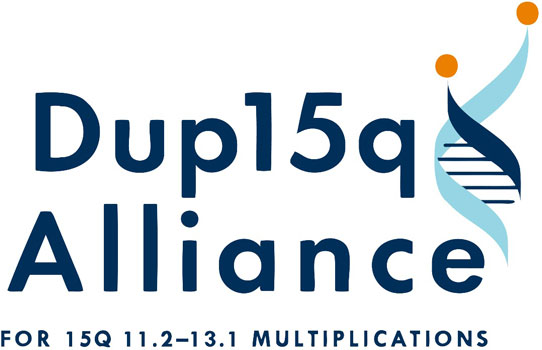Navigating Special Needs Trusts
What is a Special Needs Trust?
A special needs trust is a legal arrangement that allows a disabled or chronically ill person to have access to funds without reducing their eligibility for the public assistance disability benefits such as Supplemental Security Income, Medicare, or Medicaid. It is a fiduciary relationship, that allows the creators of the trust to manage income, property, assets, according to their wishes but for the benefit of someone else.
Dup15q Alliance is proud to announce we are partnering with Tyler and Maderer Law Firm to offer a 60-day specialized Help Ticket program. This specialized Help Ticket is open to all Dup15q Alliance Families to submit questions specific to Special Needs Trust.
Any large amount of money in your child’s name could affect their eligibility for public assistance disability benefits. Putting money into a special needs trust, allows you to improve the quality of life for your loved one, without jeopardizing eligibility for benefits.
Key Takeaways
-
An individual who meets the Social Security Administration’s definition of disabled is at risk of being ineligible for government benefits if they have cash (including gifts), savings account, savings bonds, inheritance, cash value life insurance, assets, ect.
-
A Special Needs Trust allows the individual with a disability to have access to these without potentially losing or disqualifying benefits provided by public assistance programs.
-
A Special Needs Trust allows families to select the best team to provide lifetime support and plan for appropriate housing and caregiver needs.
-
In general money in a special needs trust is to be used to enrich and improve the quality of life of the individual who is disabled.
-
Any Social Security Benefits received after the trust is put in place do not have to be placed in the trust. They can be used for daily living needs.
-
A First party trust requires payback to Medicaid/Medical Assistance at the beneficiary’s death.
-
Third-party trusts do not require payback to Medicaid/Medical Assistance at the beneficiary’s death.
When you create a special needs trust, you’ll need to consider what type of Special Needs Trust best suits your family.
Irrevocable: not able to be changed or reversed; final.
Pooled: funds are pooled together with others but individual sub-accounts for each member are maintained.


Here are some examples of expenses that a special needs trust might cover:
- Medical and dental expenses not covered elsewhere
- Special equipment like wheelchairs or specially-equipped vans
- Therapy or rehabilitation services
- Training and education
- Travel, which can include the cost of a companion
- Recreation and entertainment (summer camp, movies or social events, videos, sports equipment)
- Electronic equipment and appliances, computers
- Payments for a companion
- Legal or guardianship expenses
- Insurance
- Burial expenses
Payments for food or shelter are more complicated because they generally trigger a reduction in SSI benefits. In addition trust funds cannot be used for things that would make the beneficiary ineligible for government benefits, such as large gifts of cash.
Resources:
The Center for Special Needs Trust Administration: The Center for Special Needs Trust Administration, Inc. is a 501(c)(3) non-profit corporation that administers Pooled Trusts and Special Needs Trusts.
ACCESS Program: Disability Legal Aid and Social Security Legal Help For You Advocating for Chronic Conditions, Entitlements and Social Services (ACCESS) is a free disability legal aid program for families facing chronic medical conditions.

